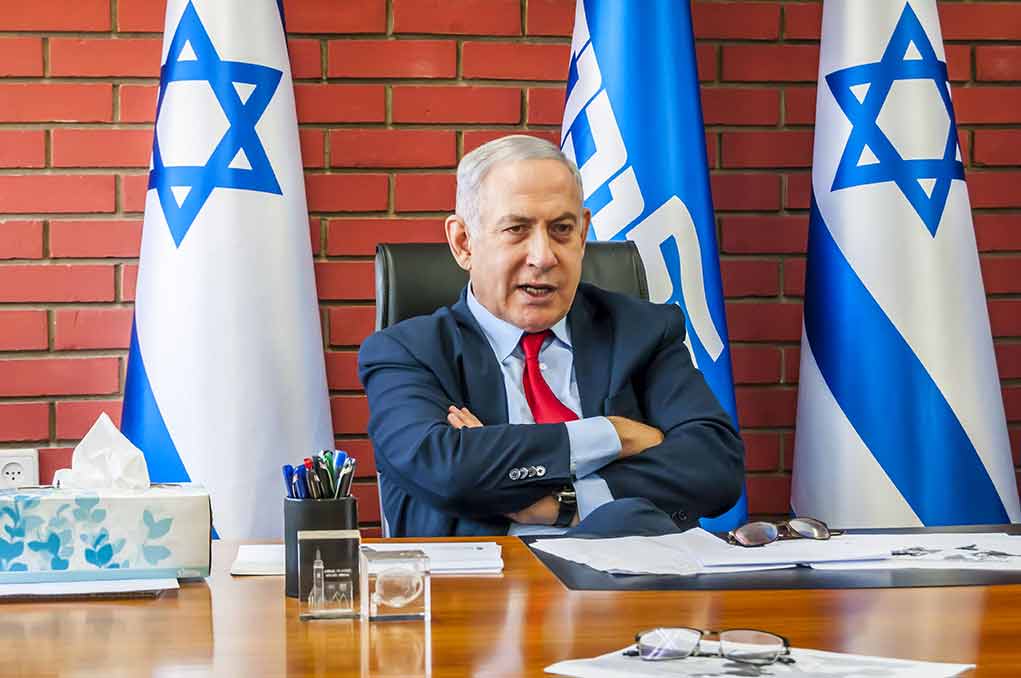A former NSA translator’s explosive claims about U.S. intelligence betraying Israel raise serious questions about the integrity of longstanding alliances.
Allegations of Betrayal: A Former Insider Speaks Out
Bruce Brill, a former National Security Agency (NSA) translator, has come forward with disturbing allegations that challenge the foundation of U.S.-Israel intelligence cooperation. Brill claims that U.S. intelligence agencies maintained secret divisions known as “Jew Rooms” that worked against Israeli interests. These allegations stem from his experiences during the 1973 Yom Kippur War and extend to recent events, including the October 7, 2023, Hamas attack on Israel.
Read this perspective in this op-ed by an independent journalist and former US National Security Agency Middle East analyst on why Israel's October 7 intelligence failure happened. https://t.co/PGibD7nOgc
— The Jerusalem Post (@Jerusalem_Post) June 29, 2024
Brill’s career in intelligence began during the Vietnam War with U.S. Army intelligence, later transitioning to a role as an Arabic translator for the NSA. It was during this time that he encountered what he describes as systemic anti-Semitism and deliberate misinformation campaigns against Israel.
Read this perspective in this op-ed by an independent journalist and former US National Security Agency Middle East analyst on why Israel's October 7 intelligence failure happened.https://t.co/PGibD7om5K
— The Jerusalem Post (@Jerusalem_Post) June 29, 2024
The “Jew Rooms” and Alleged Deception
According to Brill, the existence of “Jew Rooms” within U.S. intelligence agencies was a closely guarded secret. These were areas where Jewish personnel, like himself, were not allowed to enter. The purpose of these rooms, Brill alleges, was to coordinate efforts that worked against Israeli interests.
“Bruce Brill, a former translator for the National Security Agency, discovered the U.S. intelligence agencies had secret divisions called “Jew Rooms” working against Israel and knew in advance that the Arab nations would attack Israel on Yom Kippur 1973.” Bruce Brill.
Brill’s allegations are not without support. John Loftus, in his book “The Secret War Against the Jews,” corroborates the existence of these “Jew Rooms.” Furthermore, Israeli General Eli Zeira reportedly confirmed to Brill that U.S. intelligence had indeed misled Israel about the impending 1973 attack.
Historical Context and Recent Concerns
The allegations surrounding the 1973 Yom Kippur War are particularly troubling. Brill claims that despite having advance knowledge of the impending attack, U.S. intelligence deliberately misled their Israeli counterparts. This contradicts official statements made to the Pike Commission by Ray Cline, who claimed Syrian and Egyptian tactics deceived U.S. intelligence.
Brill’s suspicions extend to the recent October 7, 2023, Hamas attack on Israel. He draws parallels between the two events, noting that both occurred on significant Jewish holidays and were preceded by intelligence warnings that were either ignored or deliberately suppressed.
Implications for U.S.-Israel Relations
If proven true, these allegations could have severe implications for the trust and cooperation between U.S. and Israeli intelligence agencies. The history of alleged betrayals, from the Yom Kippur War to recent intelligence leaks, raises serious questions about the reliability of shared intelligence and the true nature of the U.S.-Israel alliance.
“In a panel discussion held at the Michael B. Hayden Center at George Mason University a couple of weeks after the October 7 horror, John Brennan—former director of the CIA and chief counterintelligence adviser to President Barack Obama—said, “U.S. intelligence had somethings also that were raising concerns there.” John Brennan.
The potential existence of anti-Israel sentiment within U.S. intelligence agencies, as suggested by the “Jew Rooms” allegations, is particularly concerning. It raises questions about the objectivity and fairness of intelligence sharing and decision-making processes that affect both nations’ security interests.
Call for Transparency and Accountability
Brill’s revelations in his book “Deceit of an Ally” call for greater transparency and accountability in intelligence operations. The allegations underscore the need for a thorough investigation into past and present intelligence practices, particularly those affecting U.S.-Israel relations.
As these claims continue circulating, they challenge both nations to reassess and strengthen their intelligence-sharing protocols. The goal is to ensure that such alleged betrayals are not repeated and that the alliance between the United States and Israel remains built on a foundation of mutual trust and shared interests in regional security.
Sources:
https://www.wnd.com/2024/11/did-the-cia-know-hamas-would-attack-israel-on-oct-7/
https://www.wnd.com/2024/11/did-the-cia-know-hamas-would-attack-israel-on-oct-7/

